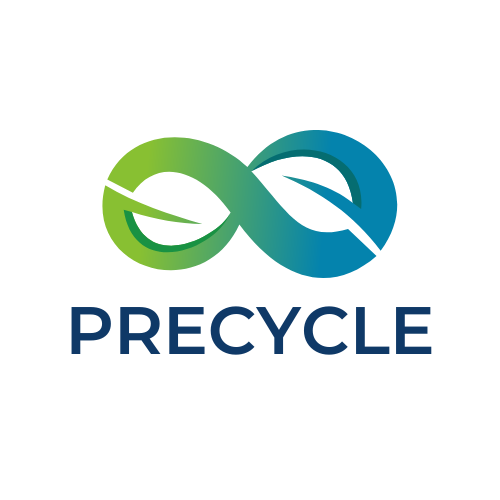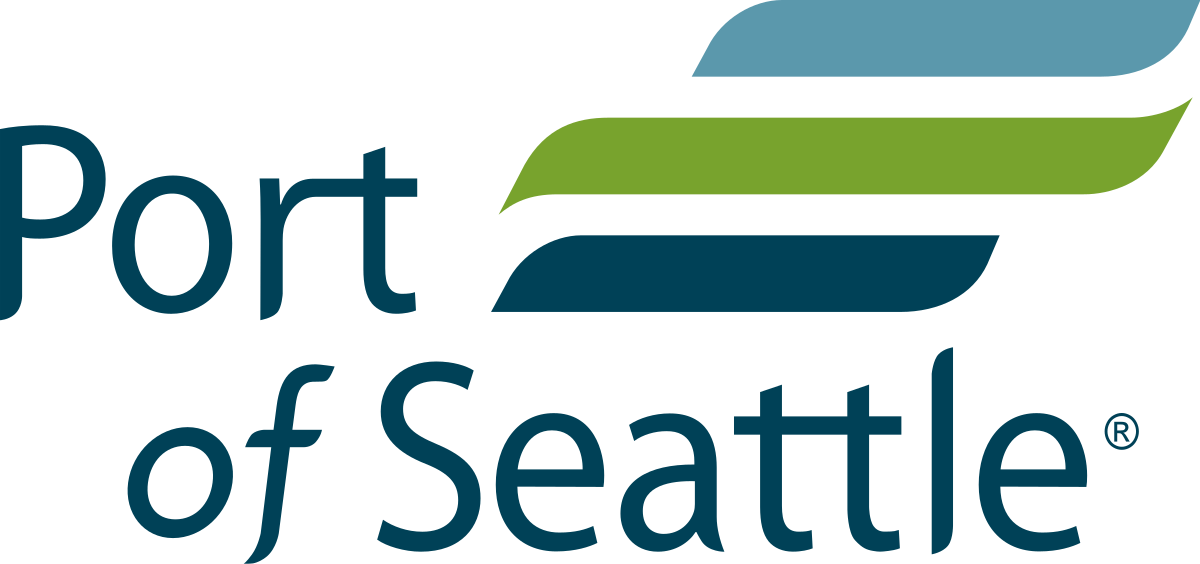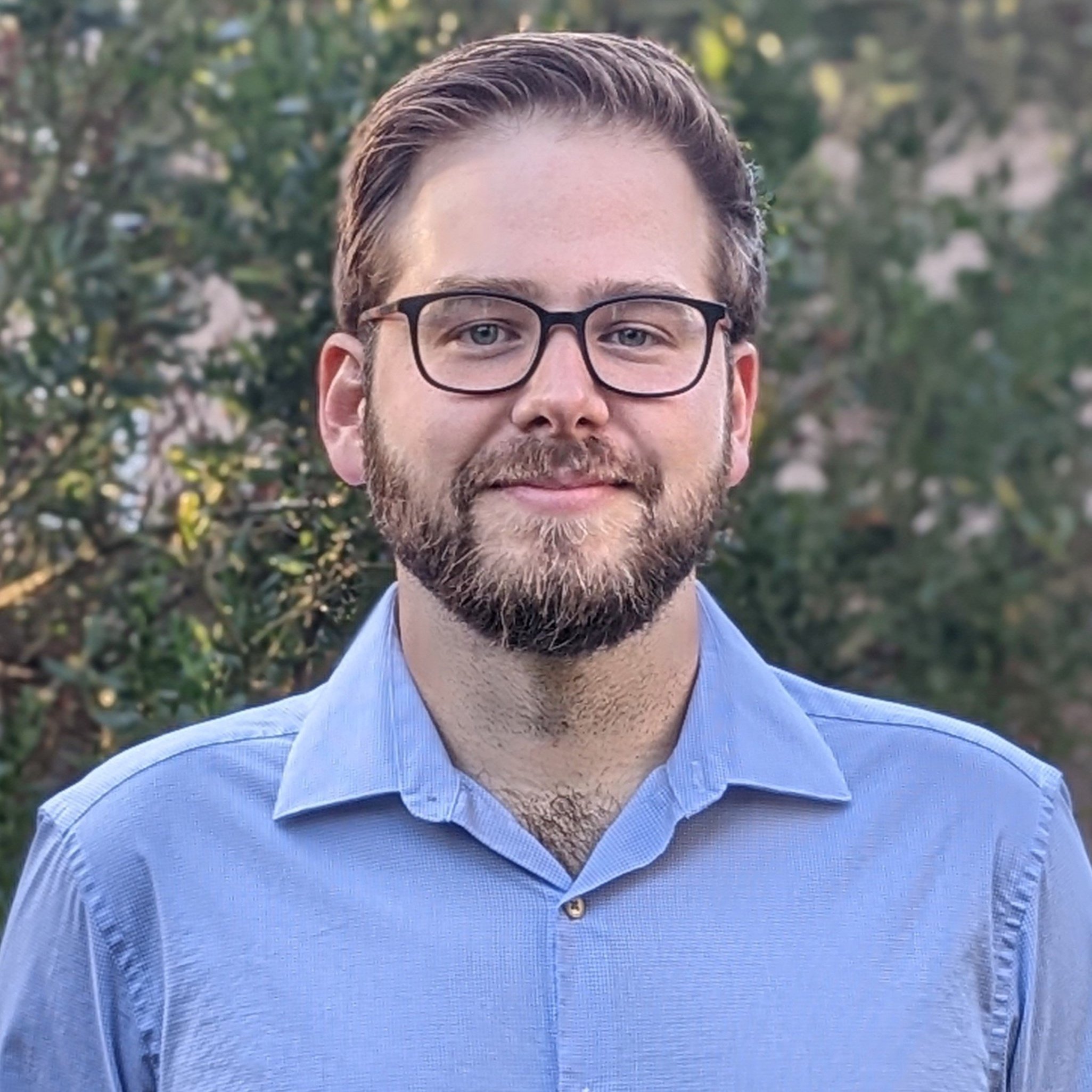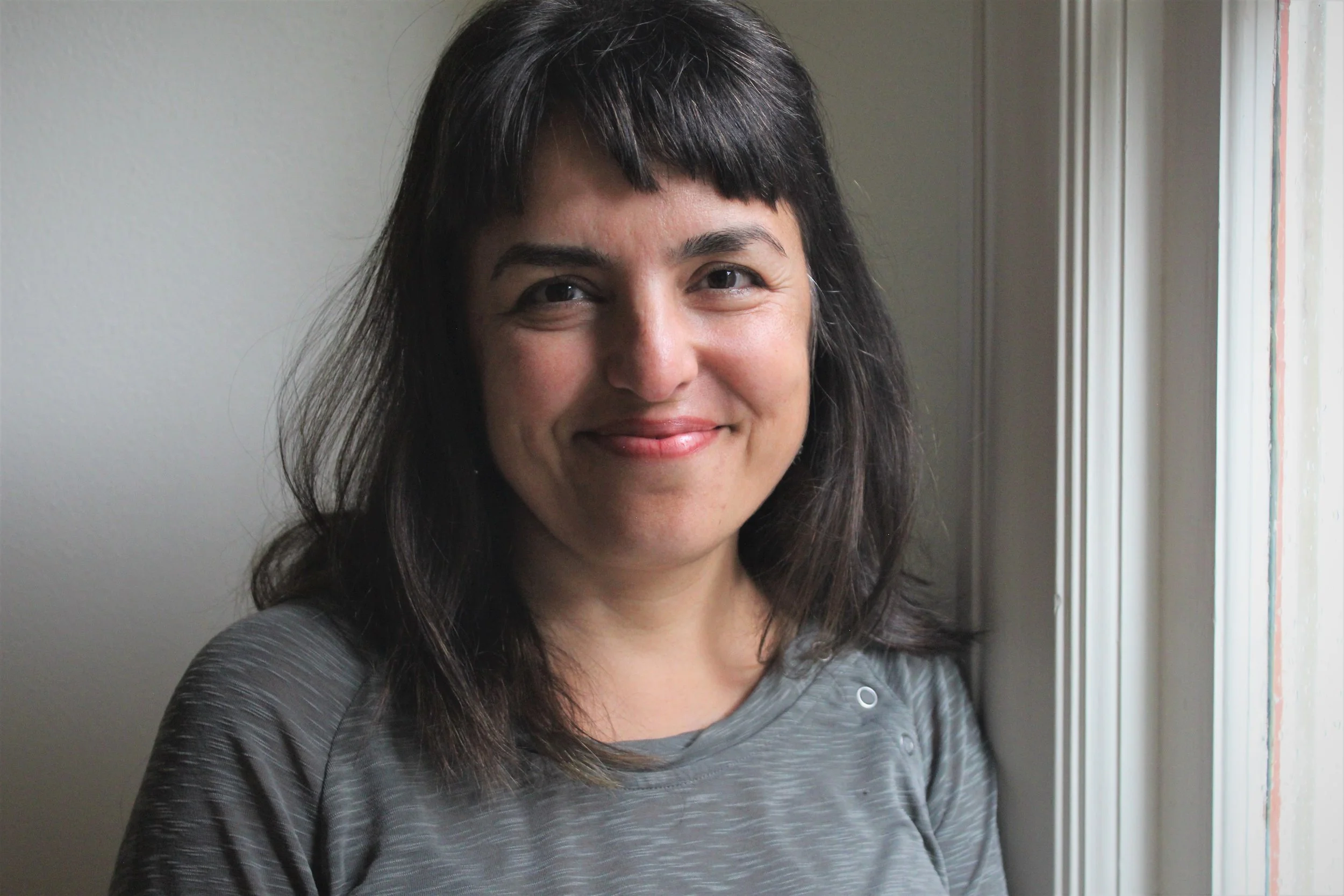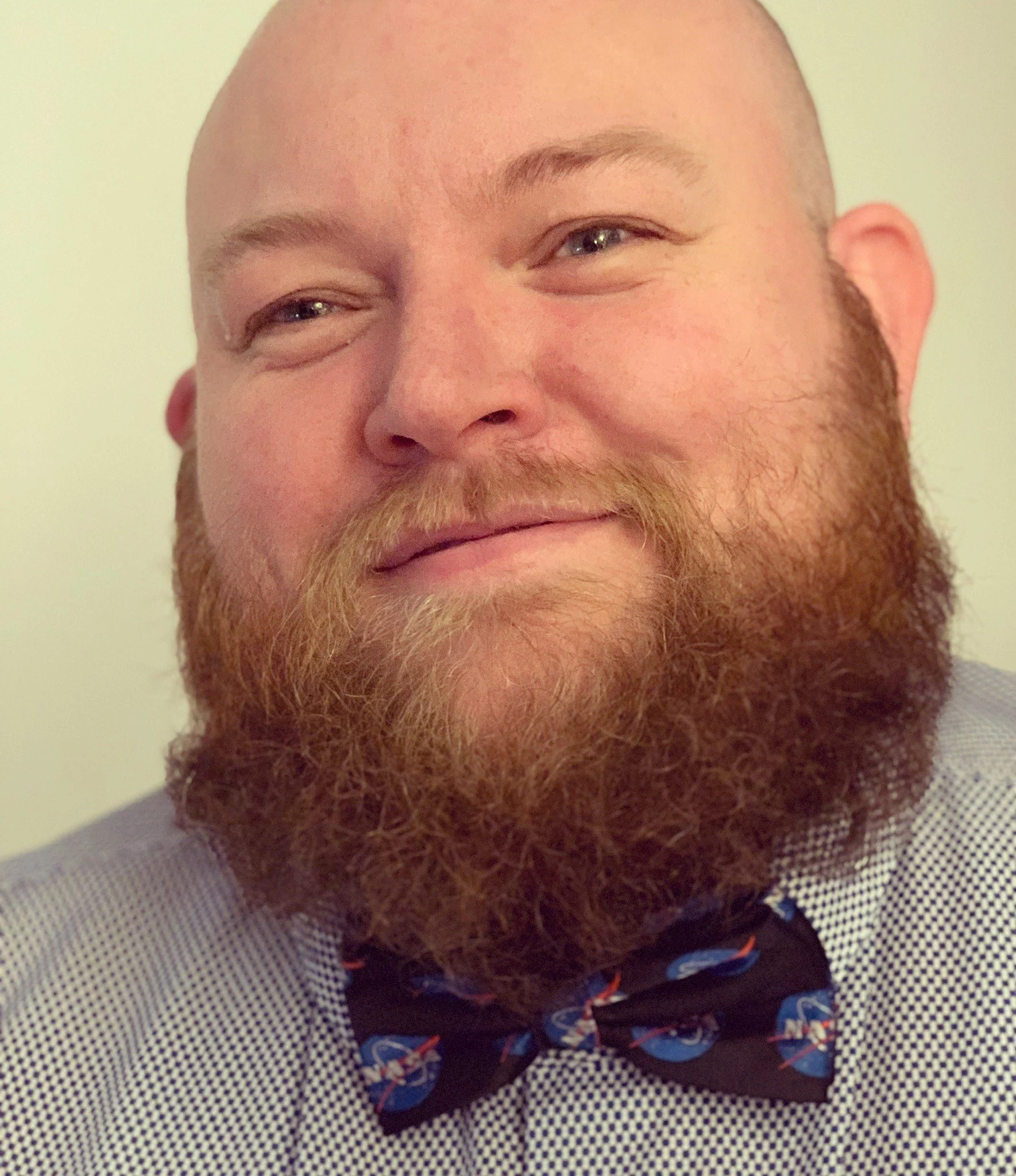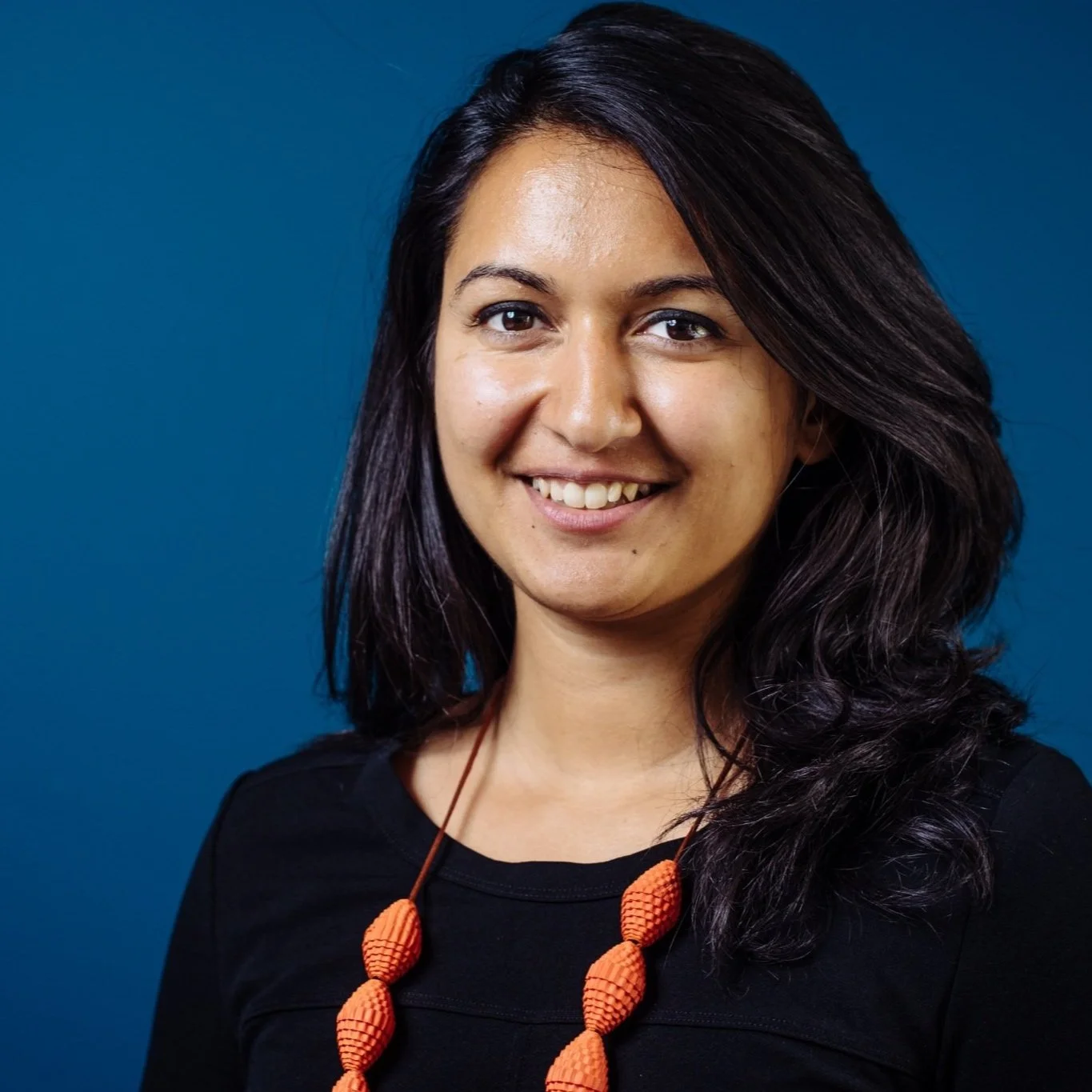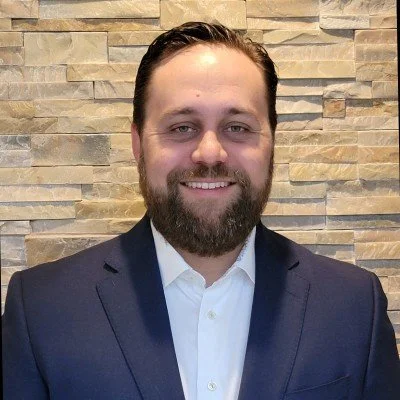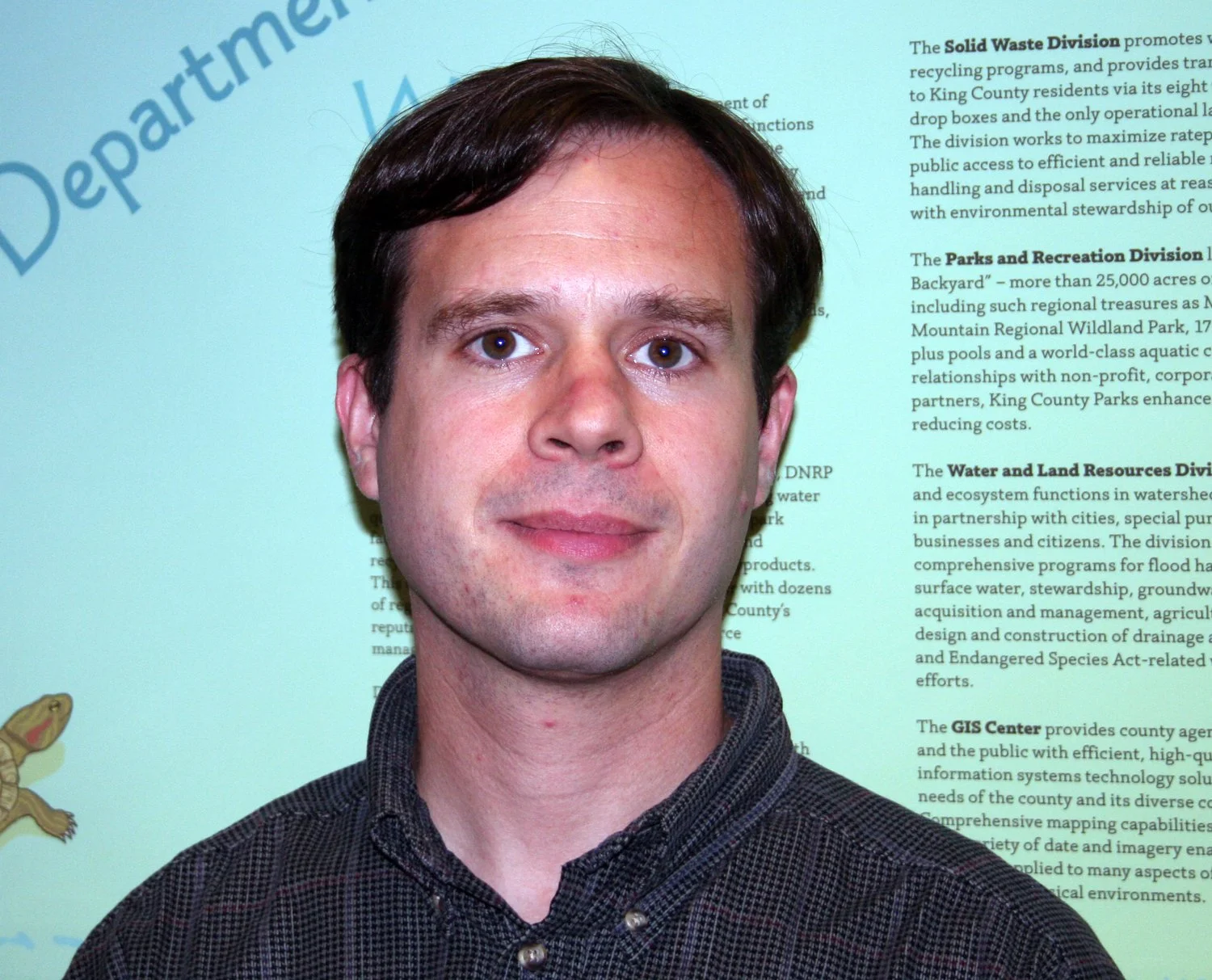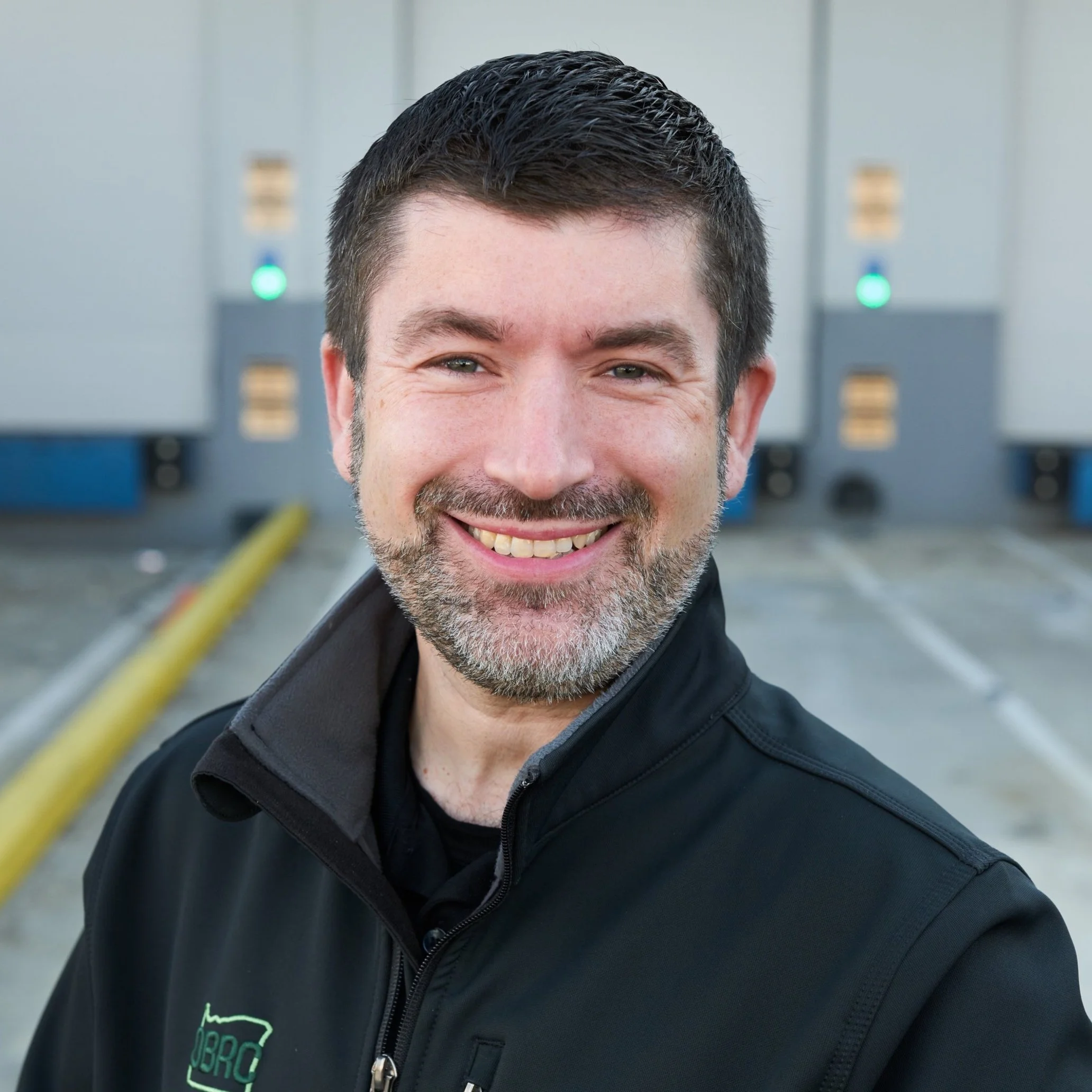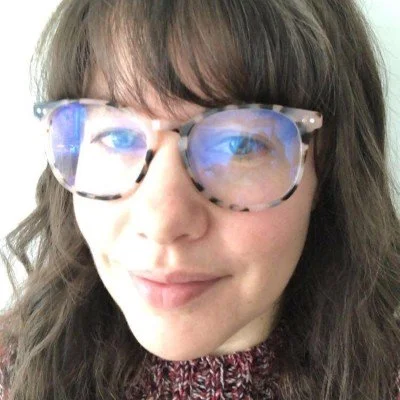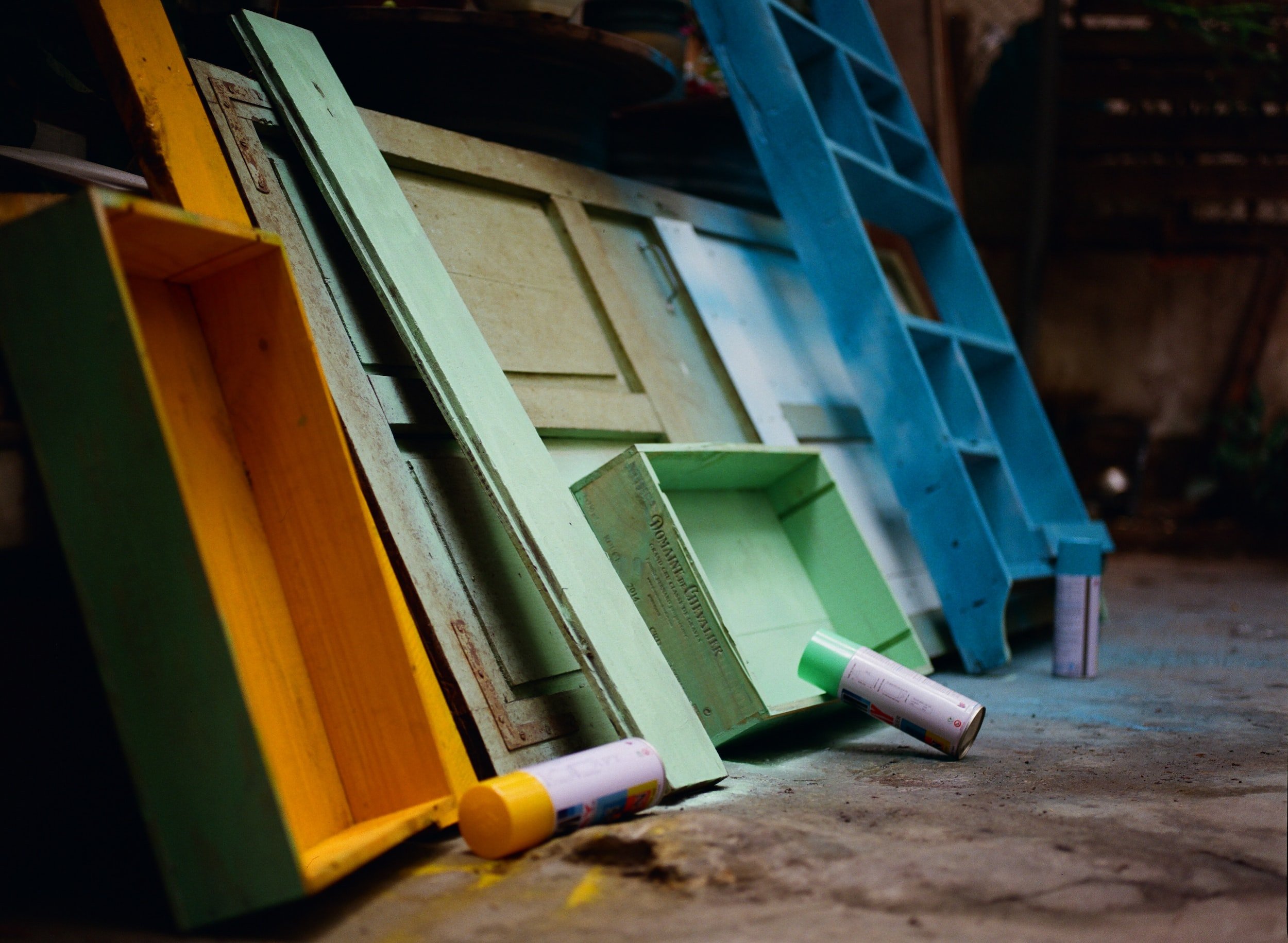
Circular Innovation Summit
Monday, May 15 2023
The Circular Innovation Summit is a celebration of cutting edge advancements in the circular economy. Senator Joe Nguyen provided his perspective on Washington’s circular economy.
Attendees heard from West Coast speakers who are spearheading government initiated reuse ventures including edible food rescue at the San Francisco airport, single use food ware replacement with durables in Seattle, beer bottles sanitization and refill system in Oregon, pallets, wood and lumber salvaging in King County, and other reusable items diversion from a transfer station in Vancouver BC, and more.
The Summit also featured pitches from the 10 finalists in the PreCycle Innovation Challenge, with live judging and announcement of winners of cash prizes.
-
11:00 am Welcome and Logistics
11:05 am:
Senator Joe Nguyen: Building a Circular Economy in Washington
McKenna Morrigan, Seattle Public Utilities: Reuse Seattle: Bringing a Citywide Reusable Foodservice Ware System to Life
Kinley Deller, King County Solid Waste Division: Building Wood Back Into New Buildings
12:00 pm: Team Pitches and Q and A by Judges: Idea Track
12:55 pm
Briana Zhen, San Francisco International Airport: Flying Toward Zero Waste: SFO Unites Against Hunger
Alex Erzen, King County Solid Waste Division: Don’t Waste Good Wood
1:35 pm: Team Pitches and Q and A by Judges: Development Track
2:15 pm
Jules Bailey, Oregon Beverage Recycling Cooperative: BottleDrop Refill: Successes, challenges, and lessons learned from America’s only statewide refillable program
Karen Storry, Metro Vancouver, Metro Vancouver: North Shore Recycling & Waste Centre “Reuse Days” Pilot
2:55 pm: Announcement of Awards
3:00 pm: Adjourn
Summit Recap
Intro Session
Team Pitches and Q&A: Idea Track
Reuse Seattle: Slides available here
Building Wood Back Into New Buildings: Slides available here
BottleDrop Refill: Slides available here
North Shore Recycling & Waste Center: Slides available here
Building a Circular Economy in Washington
Team Pitches and Q & A: Development Track
SFO Unites Against Hunger: Slides available here
Don’t Waste Good Wood: Slides available here
Announcement of Awards
PreCycle Innovation Challenge 2023 Winners
-
SeaBar
Each year the beauty industry produces over 7.9 billion units of rigid plastic. Many of those plastic bottles are used for shampoo and conditioner, filled mostly with water, and used in shower...
It didn't make sense to us.
Obviously shampoo bars exist. However, in our research we found that the biggest barrier people had in switching to solid shampoo was that consumers don't like how bar soaps get gross and slimy in the shower.
SeaBar solves this problem by putting our shampoo and conditioner concentrates inside a reusable plastic applicator. The applicator prevents the bars from getting gross in the shower, and it gives us greater formulation freedom because we don't have to worry about creating a bar that can withstand the harsh environment of the shower.
Each SeaBar lasts as long as 2-3 bottles of liquid product, and refills come in cardboard tubes. We estimate SeaBar customers use 92% less plastic from shampoo and conditioners in their first year alone as compared to those who use traditional liquid shampoo.
However we didn't want to stop at 'doing less harm.' We wanted to help clean up the mess that is already there. So in addition to helping our customers use less plastic, for every item SeaBar sells we clean up one pound of ocean trash. To date we've cleaned up over 32,000 pounds.
Our applicators are made from 100% post consumer recycled plastic and are designed to last for years. We use a single plastic type (PP) so at the end of their life they can easily be recycled again.
-
Rebundance
Rebundance recycles used bedding textiles into beautiful and functional home goods, wellness items, and craft supplies.
Textile waste is a large contributor to carbon emissions and toxic waste. Bedding textiles are typically made of high-quality and large pieces of fabric that can be repurposed through cleaning, sorting and re-manufacturing into new items.
Through a creative reuse process that combines imagination and technical textile expertise, used fabric can have a second life. Some fabric is ideal for quilting or other crafts and can be sold as an alternative to virgin fabrics or yarns to crafters. Lower quality fabric is cut and sewn into "fabric yarn" which is woven or crocheted into a lush and durable material that is perfect for home and wellness products.
One of the next steps for the business is to explore large batch dyeing with non-toxic natural dyes to create new designs and expand the creative re-use options.
-
SeaBar
Each year the beauty industry produces over 7.9 billion units of rigid plastic. Many of those plastic bottles are used for shampoo and conditioner, filled mostly with water, and used in shower...
It didn't make sense to us.
Obviously shampoo bars exist. However, in our research we found that the biggest barrier people had in switching to solid shampoo was that consumers don't like how bar soaps get gross and slimy in the shower.
SeaBar solves this problem by putting our shampoo and conditioner concentrates inside a reusable plastic applicator. The applicator prevents the bars from getting gross in the shower, and it gives us greater formulation freedom because we don't have to worry about creating a bar that can withstand the harsh environment of the shower.
Each SeaBar lasts as long as 2-3 bottles of liquid product, and refills come in cardboard tubes. We estimate SeaBar customers use 92% less plastic from shampoo and conditioners in their first year alone as compared to those who use traditional liquid shampoo.
However we didn't want to stop at 'doing less harm.' We wanted to help clean up the mess that is already there. So in addition to helping our customers use less plastic, for every item SeaBar sells we clean up one pound of ocean trash. To date we've cleaned up over 32,000 pounds.
Our applicators are made from 100% post consumer recycled plastic and are designed to last for years. We use a single plastic type (PP) so at the end of their life they can easily be recycled again.
-
ReuMo
Polluted stormwater runoff is entering into our natural drinking water and ecosystem.
We create moss based filtration kits to mitigate stormwater pollution, using a simplified form of Green Stormwater Infrastructure (GSI), we can reduce pollution going into our storm drains.
ReuMo kits are multilayered sediment filtration materials contained by tarp/recycled netting, placed in a size of 3x3ft and/or 2x6ft. The rectangular GSI kit is placed in the pathway of stormwater on the way to the storm drain.
-
B2YROOTS
B2YROOTS will tailor customized practical education in nutrition and change of life style to prevent the onset of chronic diseases focusing on teaching how to prepare easy, healthy and attractive meals minimizing food waste and packaging waste.
We are specially interested on the growing Hispanic population in Whatcom county, who are specially vulnerable when they arrive in the USA and change their eating habits dramatically.
-
Mendful
We salvage slightly damaged or unsellable textiles from Forks Disaster Relief’s non-profit secondhand store, providing a recycling alternative for the Forks community in the rural Olympic Peninsula. Mendful transforms damaged textiles into marketable products for the local and tourist market, while providing employment opportunities for locals with limited education or employment opportunities, some of whom have limited English language skills.
We are helping to solve the problem of textile waste. One stated mission of Forks Disaster Relief is providing an alternative to landfill for clothing and home textiles. At present, textiles not sellable in the non-profit thrift store are packed and taken (by car over an hour away) to a commercial reseller for textile downcycling: where unsold textiles may be sold to other countries (contributing to waste colonialism) or downcycling to insulation products, etc., after further long-distance transport. These textiles could instead be salvaged in our community and transformed into value-added products, and create jobs for our community in the process.
Sponsors
Top 10 teams
Ideation Track
B2YROOTS
Minimizing food waste and packaging waste through customized practical education in nutrition.
ReuMo
ReuMo offers an affordable, simple nature-based stormwater filtration systems for any community dealing with stormwater runoff.
EcoRare
Green extraction of rare earth elements from coal waste.
Free Clothing Stores for College Students
Helps colleges start free clothes to college students.
Mendful
Mendful gives secondhand a second chance. This non-profit business rescues textiles from the landfill and creates jobs for the Olympic Peninsula community.
Development Track
Black Forest Mushrooms
Fungi To Fork, Black Forest Mushrooms cultivates gourmet mushrooms in hyper-localized urban farms that help fight climate change and strengthen security in our local food supply chain.
Rebundance
Rebundance transforms used textiles into unique craft supplies and beautiful home goods.
Revolve Solar
Revolve upcycles end-of-life solar panels into modular green roof planters that can be installed on all roof types, lengthening roof lifespans and lowering energy costs.
SeaBar
SeaBar shampoo and conditioner concentrates eliminate the need for disposable plastic and clean one pound of ocean trash for every item sold.
The Cup Project
The Cup Project brings reusable cups to use at events instead of single-use, disposable cups, helping events save money and reduce waste.
